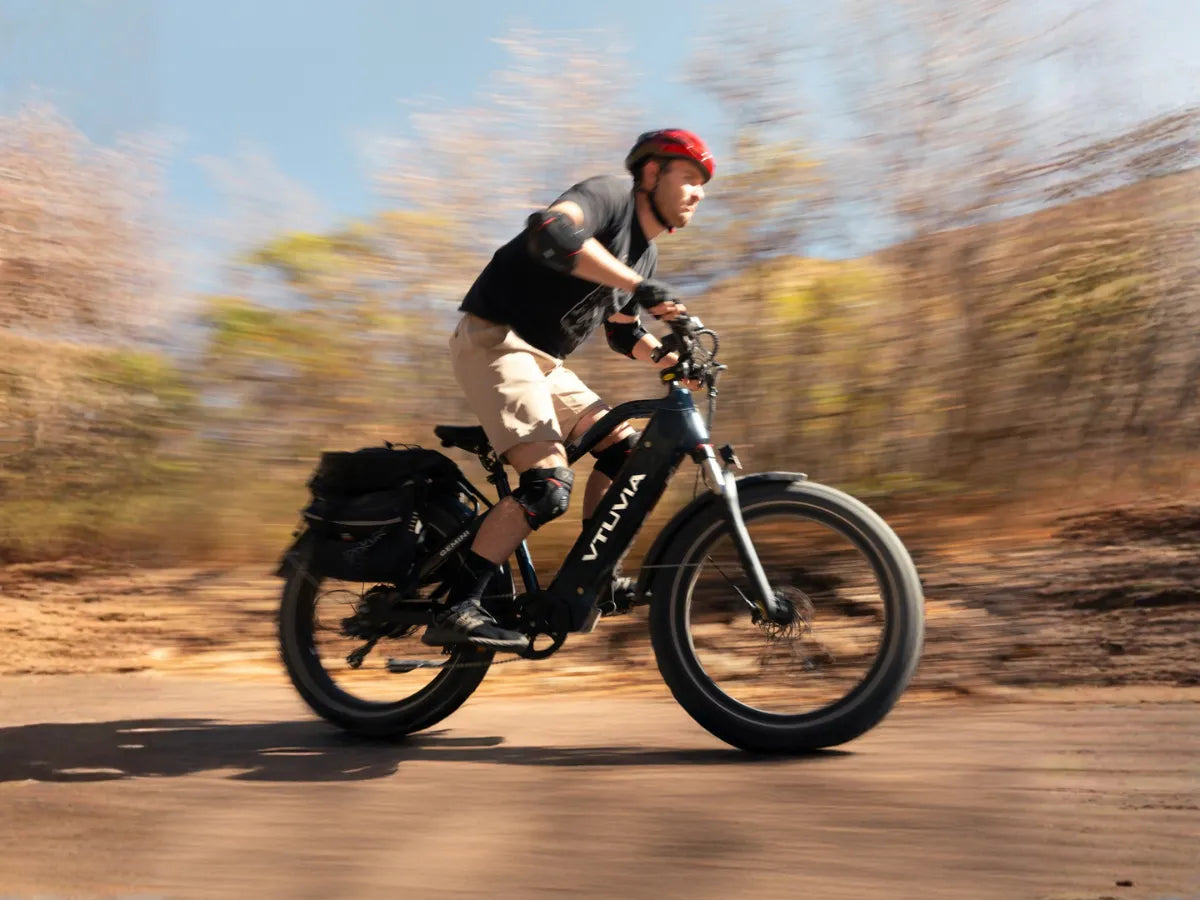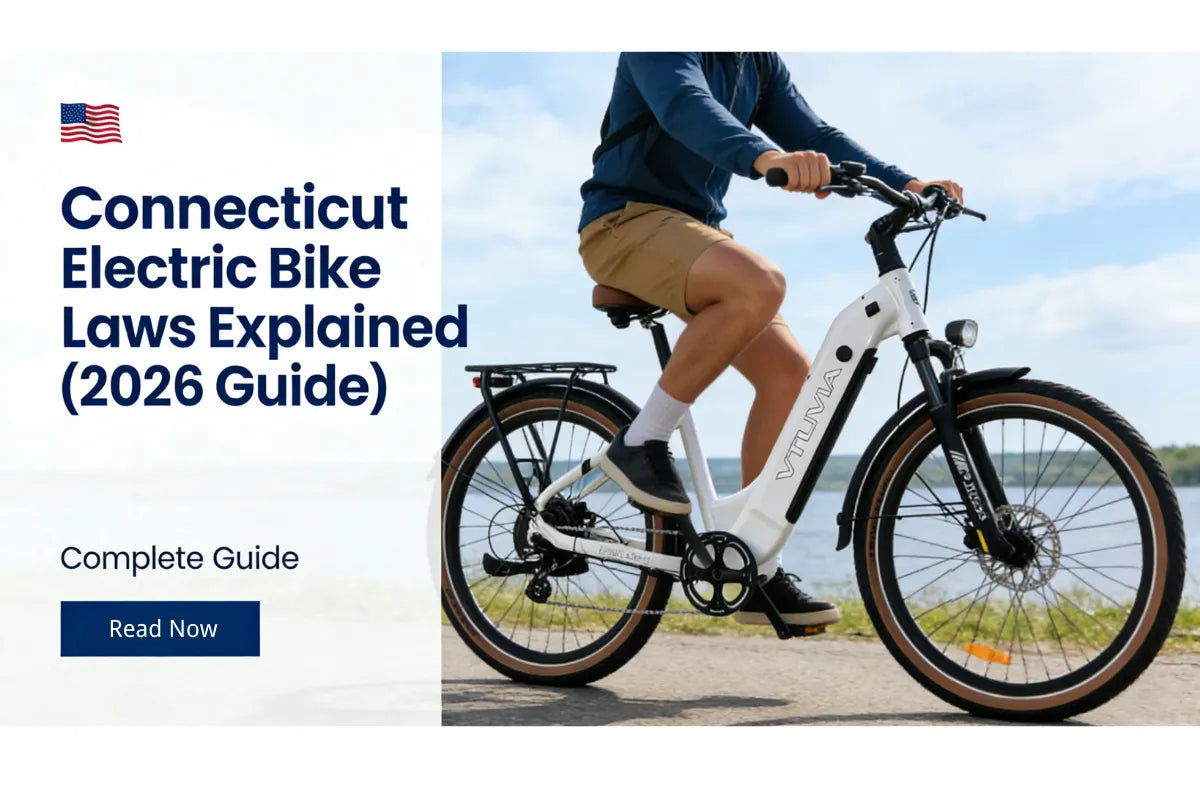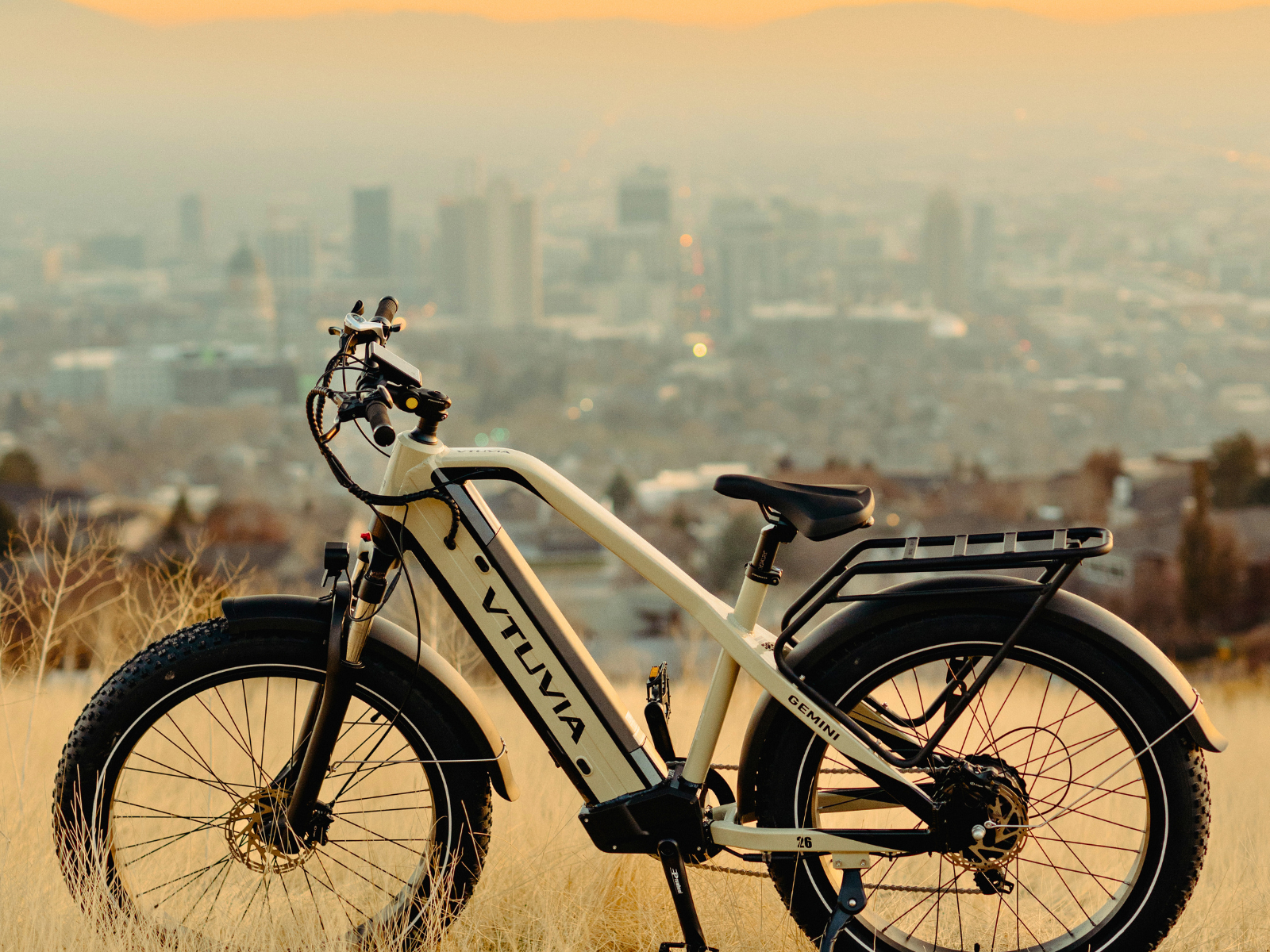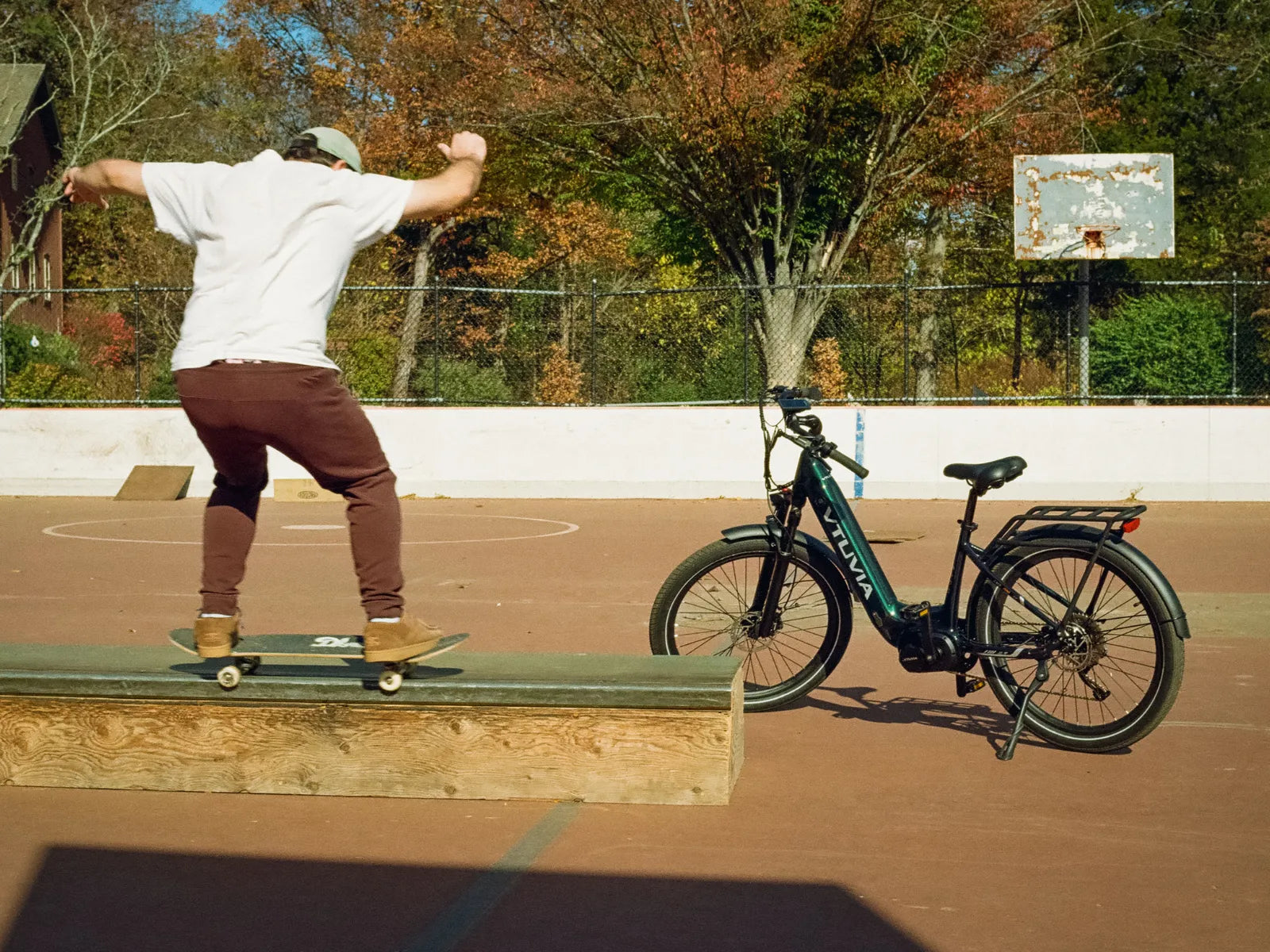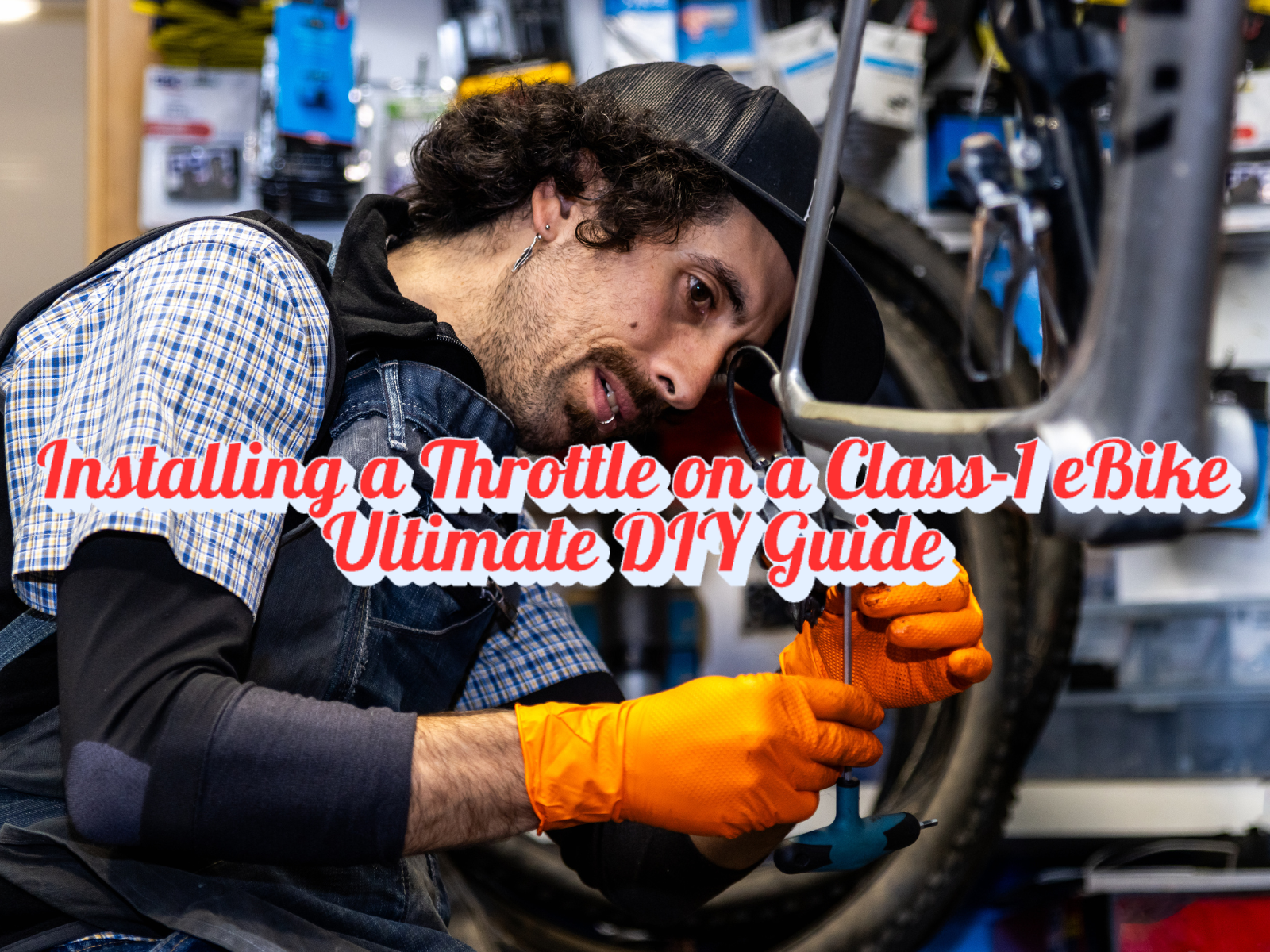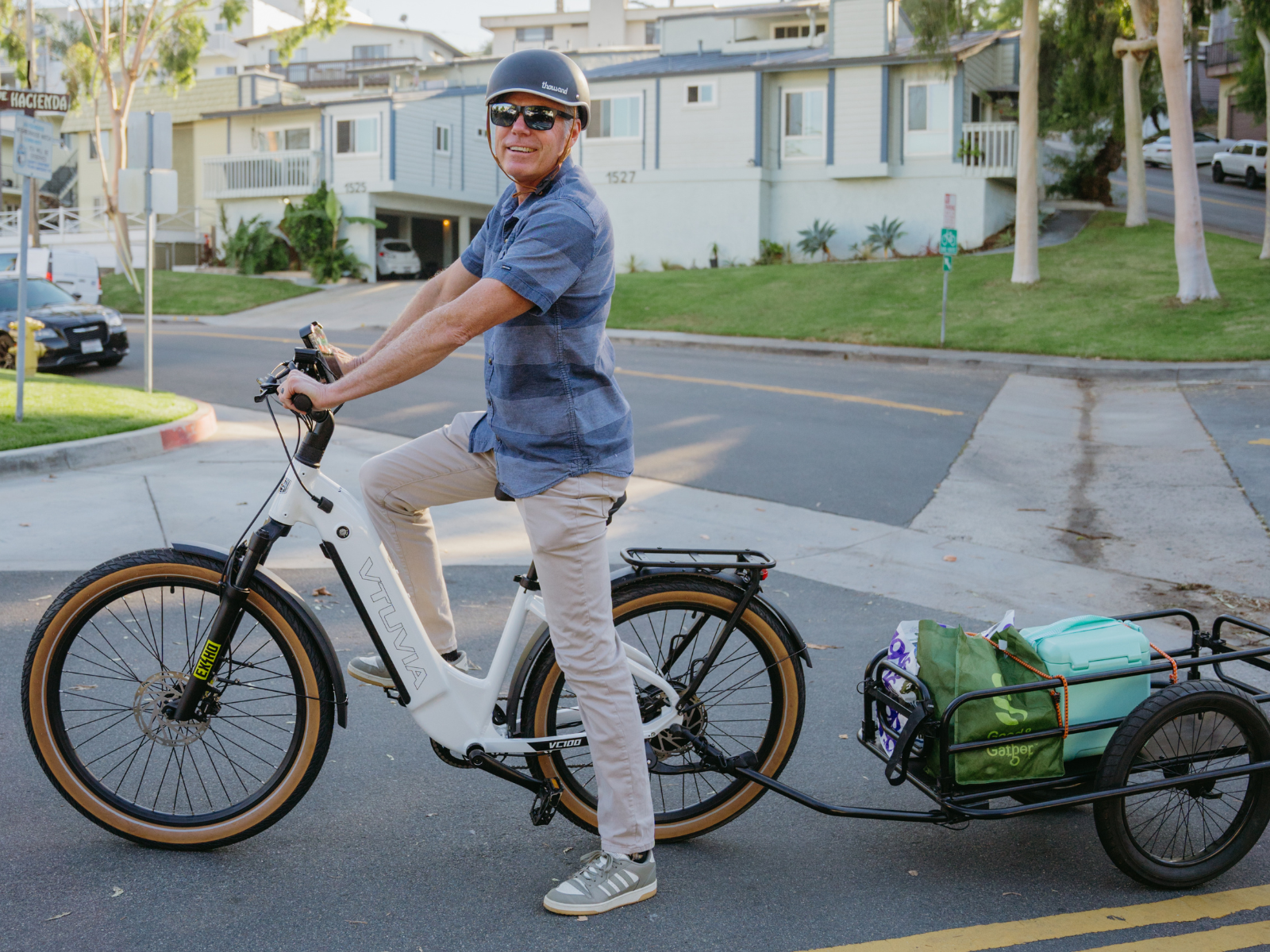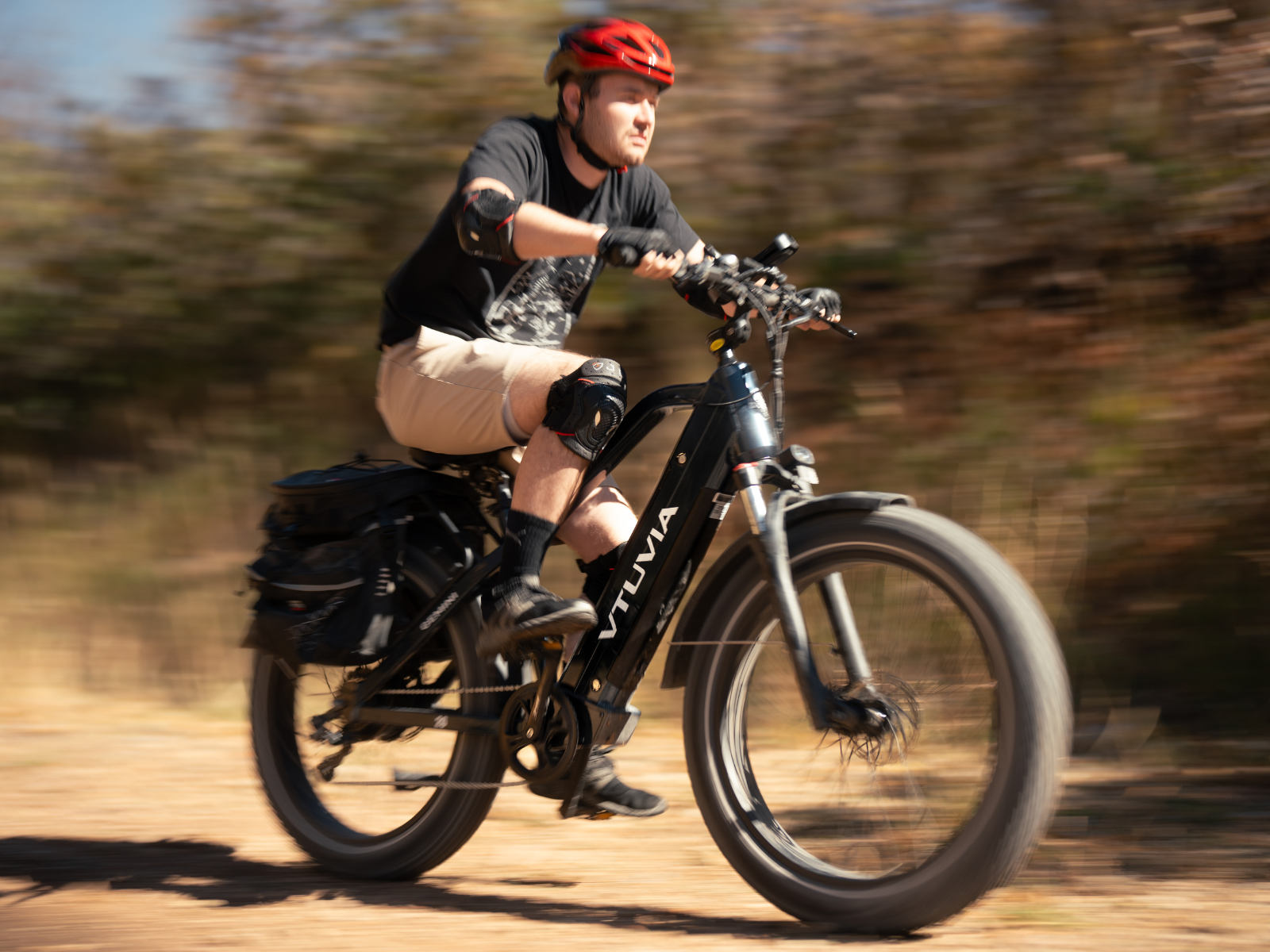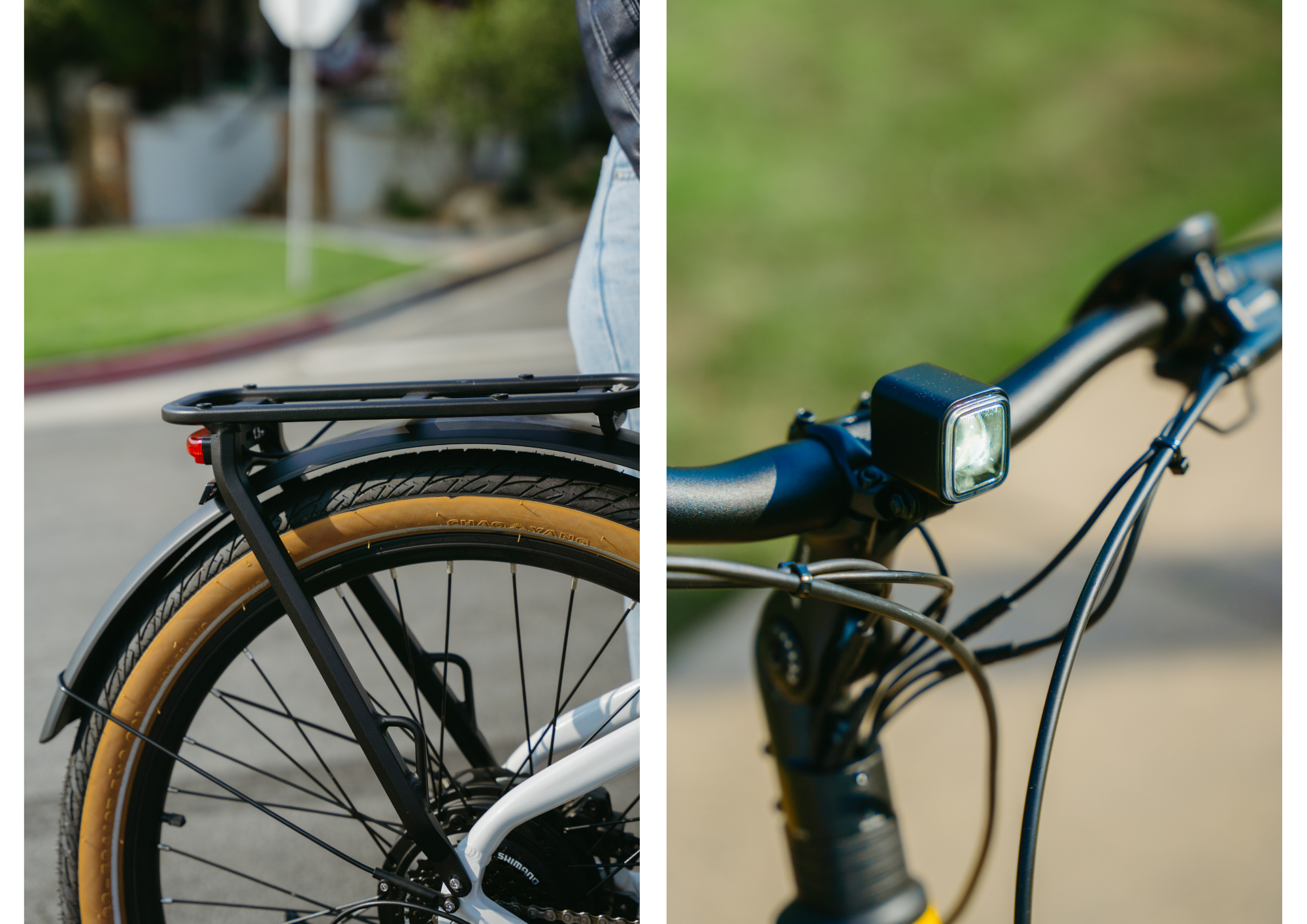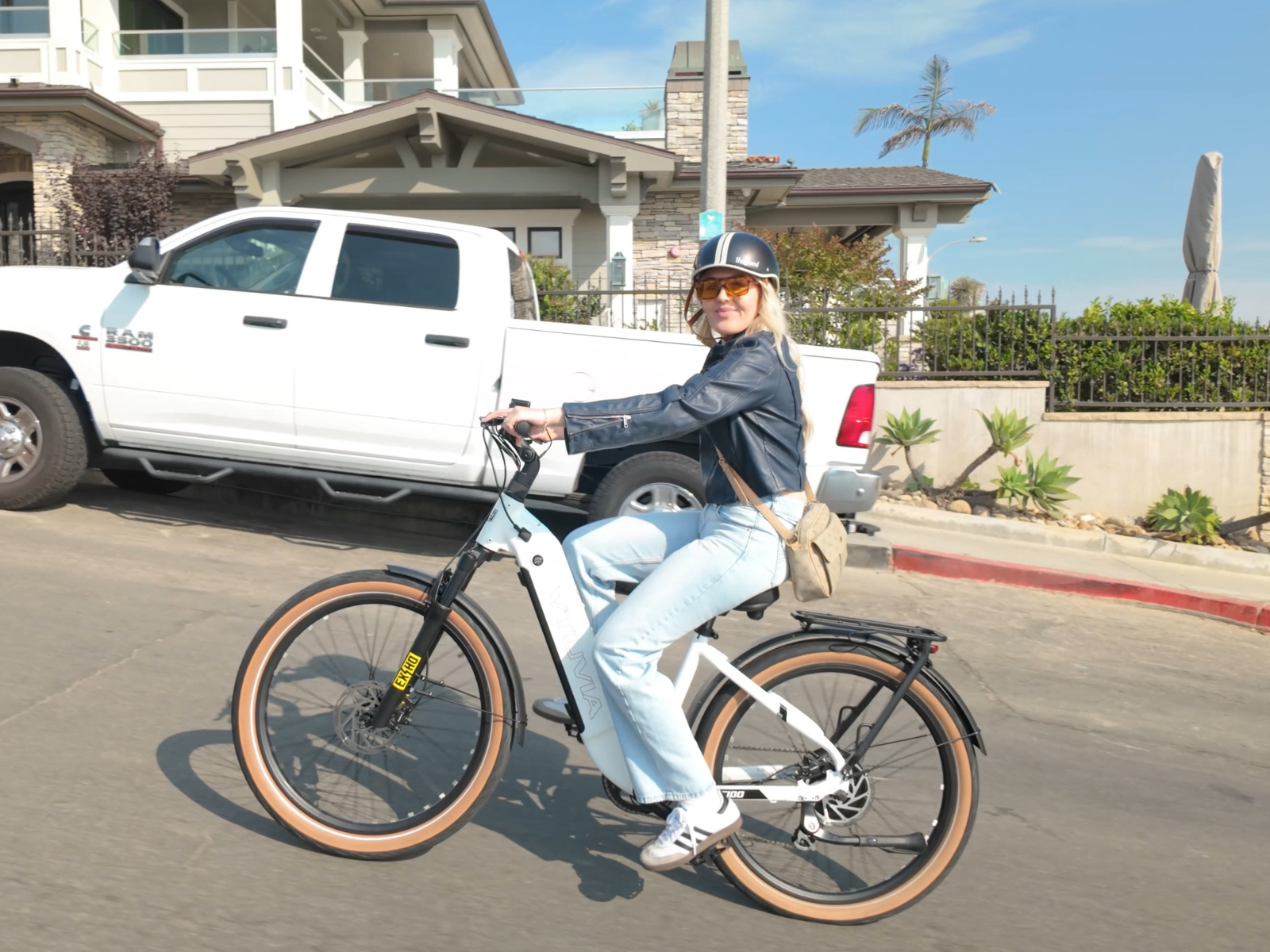Noticias
- Todas
- Buying Guide
- CMB
- Cycling Life
- E-bike Laws
- Ebike Accessories
- eBike Comfort
- eBike comparison
- Ebike Rack
- Electric Bike For Seniors
- Electric Bikes Battery Safety
- Event
- Full Suspension E-bikes
- Gemini
- Hunting Ebike
- Knowledge
- Maintance
- Reindeer
- Reviews
- Riding Tips
- RV Rider
- SF20/SF20H
- SN100
- step-over ebikes
- step-thru ebikes
- SX20
- V-adapt
- Zeal LT7
- Zeal XT8
How to Ride Your E-Bike Safely & Comfortably: A Practical Guide for U.S. Riders
A practical guide for U.S. riders on how to ride an e-bike safely and comfortably, from proper setup and gear to traffic rules and defensive riding tips.
Connecticut Electric Bike Laws Explained (2026 Guide)
Learn how electric bike laws work in Connecticut, including e-bike classifications, helmet requirements, registration rules, and what riders need to know to stay legal in 2025.
How Fast Can a 1000W Electric Bike Go? Full Speed Guide
Discover the true top speed, torque, and battery power of 1000W electric bikes. Learn why VTUVIA GEMINI sets the standard for high-performance riding.
Florida Electric Bike Laws: The Complete 2025 Guide
Florida’s electric bike laws have evolved rapidly as e-bikes surge in popularity across the state. This comprehensive guide explains Florida’s legal definitions, the three-class system, where you can ride, local city restrictions, equipment requirements, helmet rules, liability, and what riders and rental operators must know for 2025.
Electric Bike Laws in the U.S. (2025): Complete Guide to New York & NYC Rules
A clear, up-to-date 2025 guide to electric bike laws in the U.S., including full New York and NYC regulations, safety rules, Class 1–3 differences, and compliance tips.
How Much Does E‑Bike Insurance Cost in the U.S.
A complete U.S. guide to electric bike insurance, including pricing, coverage types, UL certification importance, recommended VTUVIA UL-tested models, and how to file a claim after an accident.
How to Add a Throttle to a Class-1 eBike Safely and Legally
Learn how to install a throttle on a Class-1 eBike safely, understand the legal implications, check compatibility, and follow a detailed step-by-step guide.
Electric Bike Regulations 2025: License, Speed Limits, and Class Laws Explained
Learn whether you need a license for an electric bike in 2025. This complete guide explains U.S. state rules, international laws, registration steps, and how to ensure your electric bike stays street-legal — no guesswork needed.
What Is a Class 1 Electric Bike? The Complete Beginner’s Guide (2025 Update)
Understanding electric bike classes is key to choosing the right ride for your lifestyle and local laws. In this guide, we break down the differences between Class 1, Class 2, and Class 3 electric bikes — from pedal-assist systems to throttle functions and speed limits. Learn how each class fits your riding style, whether you’re cruising city streets, hitting bike trails, or commuting to work.
How Fast Can an eBike Go? Complete Guide for Riders & Upgrades
Electric bikes can assist up to 20–28 mph depending on class and local laws. Factors like motor wattage, battery, gearing, terrain, and rider weight affect real speed. This guide covers safe upgrades, what not to do, and tips to maximize speed without breaking the law.
Light Up Your Ride: The Importance of Electric Bike Lighting
Learn how to choose the best electric bike lighting system, including integrated headlights, turn signals, and reflectors for maximum safety.
2025 Electric Bike Cost Comparison: Save More with E-Bikes
Explore the true cost of electric bikes in 2025 and see how the VTUVIA Zeal Series stands out with unbeatable value, low maintenance, and durability. Compare E-bike, electric car, and gasoline vehicle costs to find your most affordable, eco-friendly transportation option.

